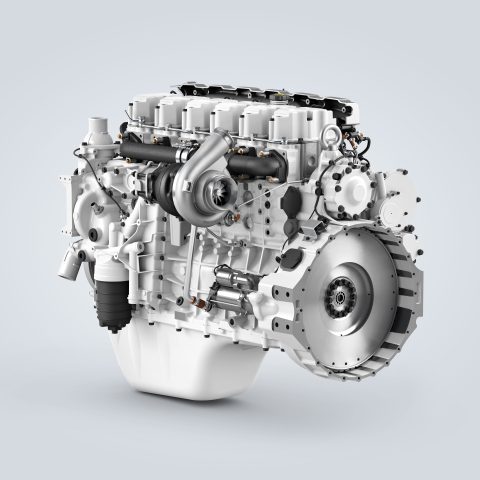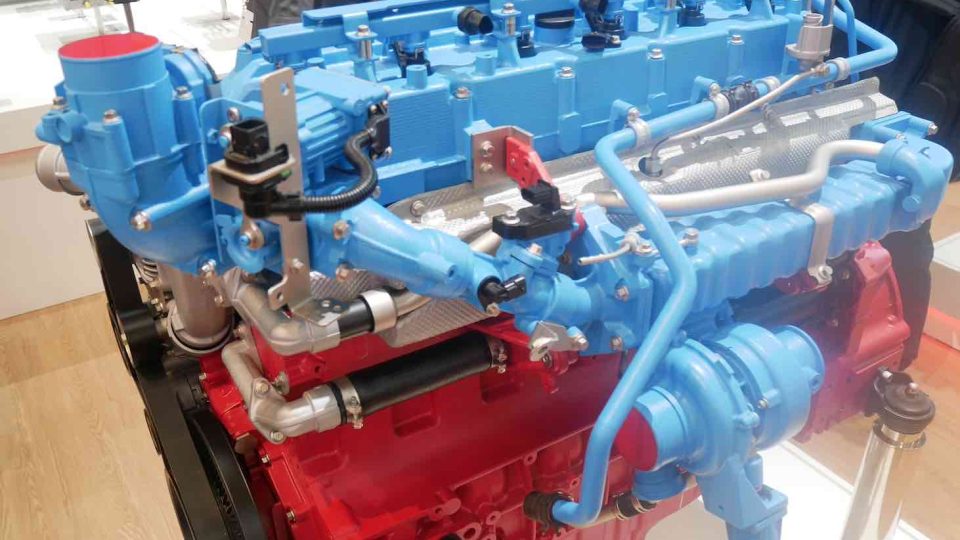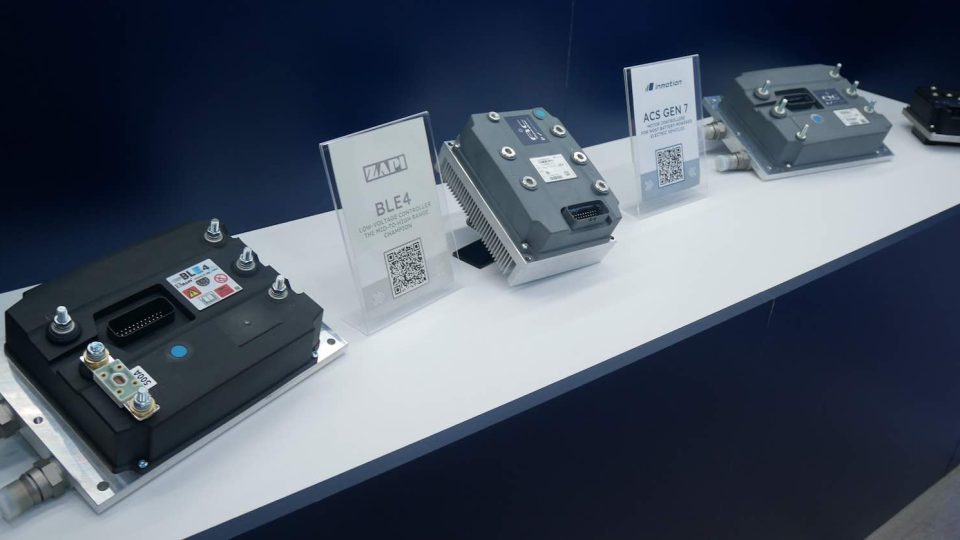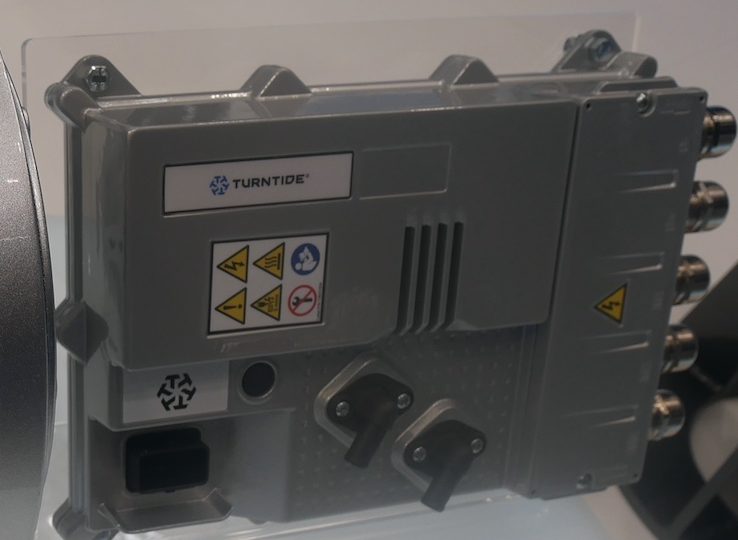Liebherr and Tula join research activities
At the International Engine Congress in Baden-Baden (Germany), Liebherr-Components and U.S.-based Tula Technology presented the results of their joint study on heavy machinery. Together, the companies carried out research on reducing greenhouse gases (GHG) and nitrogen oxides (NOx) produced by heavy-duty equipment.

At the International Engine Congress in Baden-Baden (Germany), Liebherr-Components and U.S.-based Tula Technology presented the results of their joint study on heavy machinery. Together, the companies carried out research on reducing greenhouse gases (GHG) and nitrogen oxides (NOx) produced by heavy-duty equipment. Based on simulations, Tula’s diesel Dynamic Skip Fire (dDSF) software allows the reduction of NOx tailpipe emissions by 41% and carbon dioxide (CO2) by 9.5%. For this study, Liebherr Machines Bulle provided its D966 engine that operates in a variety of applications, like mobile or maritime cranes and wheel loaders.
Integration of software into other Liebherr engines possible
The results of the research could influence the development or manufacturing of off-road equipment worldwide in a positive way. Therefore, Liebherr-Components will continue its activities in designing a “proof of concept” hardware for the integration of Tula’s dDSF software into their engine system. The D966, a very compact 13.5 litres 6-cylinder diesel engine, will also be used in further tests. In the next step, Liebherr will consider the integration of the dDSF software into other engines in its portfolio.
“Liebherr is a forward-thinking company focusing already today on the challenges that customers around the world will face tomorrow,” says Ulrich Weiss, Managing Director for Research and Development of Combustion Engines at Liebherr. “The reduction of greenhouse gases and nitrogen oxide emissions is the goal that we strive to achieve, while continuously improving our engine’s performance.” The results of the joint study indicate that dDSF play an important role in addressing these challenges, being part of future solutions, which will help in reaching zero emissions.
Efficient engine operation and low level of tailpipe emissions
R. Scott Bailey, the President and Chief Executive Officer of Tula Technology explains: “At Tula, we are driven by a passion to increase efficiency in engines and motors of all types and also improve the environment. While there are existing regulations to reduce emissions in off-road machinery and vehicles, more stringent standards are expected within the decade. To comply, equipment manufacturers need solutions like our patented dDSF software to operate engines more efficiently and produce dramatically lower levels of tailpipe emissions.”
Tula’s technologies provide cost-effective solutions that are proven to increase engine efficiency. In series production since 2018, Dynamic Skip Fire (DSF) uses patented algorithms that choose to skip or fire individual cylinders dynamically to meet an engine’s torque demands. This enables near-peak engine efficiency for a cleaner burning, as well as more fuel-efficient vehicles. Noise and vibration are proactively mitigated by manipulating the firing pattern and cylinder loading. As a result, DSF has been deployed in more than 1.5 million passenger vehicles to date. The released study adds to the growing list of successful applications of Tula’s technology for diesel dDSF, including passenger cars, commercial vehicles and heavy machinery – with its main goal to reduce GHG and NOx as major contributors to global warming.









